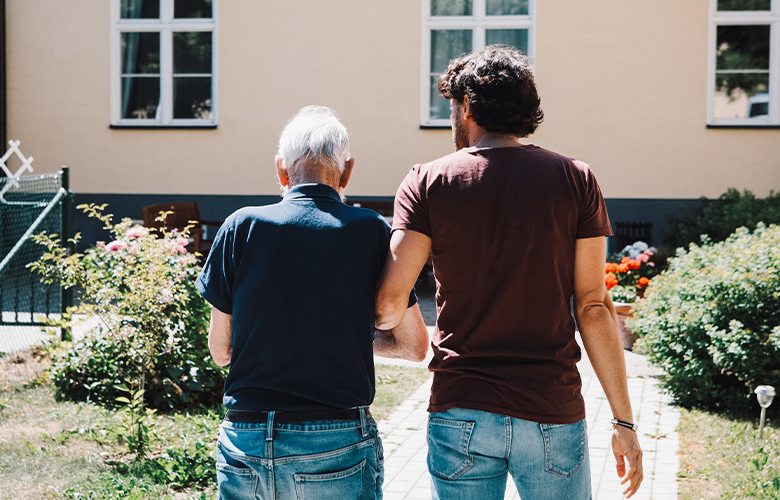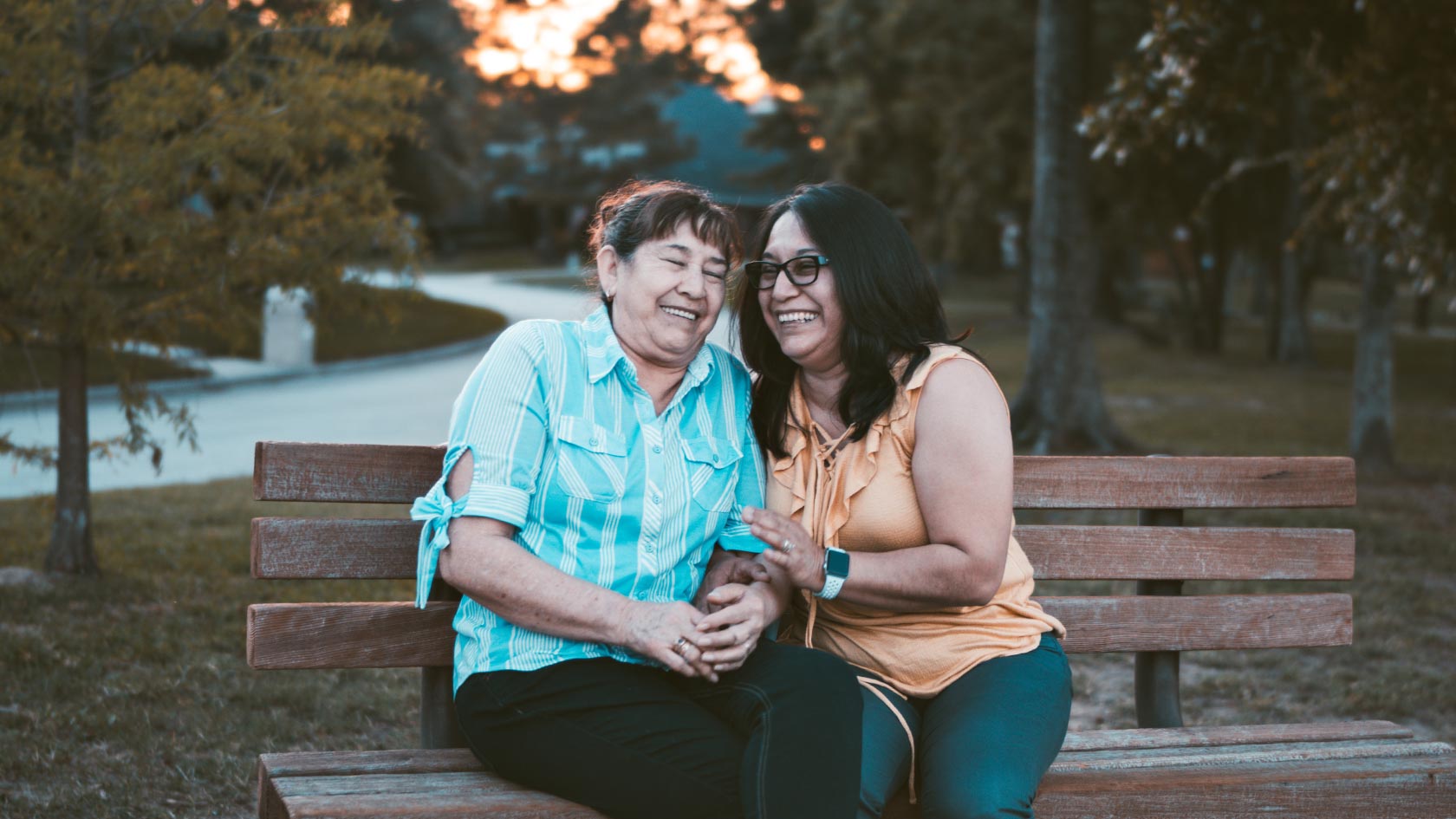Connect with EDC at the GSA 2025 Annual Scientific Meeting

We invite you to join EDC experts in comprehensive dementia care, elder mistreatment prevention, and age-friendly care at the Gerontological Society of America 2025 Annual Scientific Meeting (GSA 2025) on November 12–15 in Boston, MA. The theme of GSA 2025 is “Innovative Horizons in Gerontology,” with a focus on spotlighting effective strategies to improve service and care for all people as they age. Explore EDC’s sessions and events below.
November 11 (5:00–8:00 PM). “Screen, Share, Connect” (register here). EDC’s National Dementia Care Collaborative will host a free screening of “Taking Care,” a powerful film capturing Seth Rogen and Lauren Rogen’s journey as they care for Lauren’s mom, Adele, through early-onset Alzheimer’s. After the film, EDC’s Gary Epstein-Lubow, MD and Kristin Lees Haggerty, PhD will lead a panel and interactive sessions on advancing real-world dementia care solutions, followed by networking. This event is made possible by the support of The John A. Hartford Foundation and is co-sponsored by EDC’s partners Alzheimer’s Association and UCLA Health. “Taking Care” is presented by Hilarity for Charity, BrightFocus Foundation, PCH Films, and AARP’s Brain Health Action.
November 12 (8:00–9:30 AM). Kristin Lees Haggerty, PhD will chair a five-paper symposium, “From Evidence to Impact: Implementation Pathways for Elder Mistreatment Initiatives,” that will explore implementation science-informed approaches to elder mistreatment screening and intervention across healthcare settings. With Tony Rosen, MD, MPA of Weill Cornell Medicine as discussant, the five presentations will highlight effective and complementary strategies with common implementation themes: adaptation of evidence-based tools for specific settings, addressing clinician barriers, and leveraging electronic health records.
November 12 (8:00–9:30 AM). EDC’s Ruthann Froberg, MPA and Scott Bane, JD, MPA of The John A. Hartford Foundation will present a paper co-authored with Kristin Lees Haggerty, PhD, “Leveraging the Elder Mistreatment Emergency Department Toolkit to Meet CMS’s Age-Friendly Hospital Measure.” Developed by EDC’s National Collaboratory to Address Elder Mistreatment, the Elder Mistreatment Emergency Department Toolkit supports health systems and communities in improving older adults’ safety and well-being. With presenters, participants will explore how the toolkit can help advance hospitals’ goals to meet CMS’s Age-Friendly Hospital Measure—which is based on the 4Ms framework for age-friendly care.
November 13 (12:00–1:30 PM). Gary Epstein-Lubow, MD will take part in a symposium, “Implementing Evidence-Based Dementia Care Interventions: The CMS GUIDE Model and Beyond,” chaired by David B. Reuben, MD of UCLA Health. Epstein-Lubow will present a paper, “The National Dementia Care Collaborative: Outcomes from Year 1,” co-authored with colleagues Kristin Lees Haggerty, Maria Avalos, Madelyn Johnson, and Rebecca Stoeckle. With support from The John A. Hartford Foundation, EDC’s National Dementia Care Collaborative is coordinating with the developers of six evidence-based comprehensive dementia care programs to rapidly respond to increasing demands for dementia services and a new payment model launched by the Centers for Medicare and Medicaid Services (CMS) Innovation Center. In this session, participants will learn about exciting progress made to date and plans for the future.
November 13 (5:00–7:00 PM)—EDC’s National Collaboratory to Address Elder Mistreatment will host a networking event for Collaboratory members and friends. Our team will catch up with colleagues’ work and share updates on the Collaboratory’s work, including our Mentorship Program and a soon-to-be-launched toolkit, “Elder Mistreatment Prevention Toolkit for Public Health,” developed by Trust for America’s Health, EDC, and National Alliance for Caregiving with the support of The John A. Hartford Foundation. Together, attendees will share ideas and explore collaborations around elder abuse research and elder justice.
Learn more about our work to build on the strengths of older adults and engage them, their families, their caregivers, and their communities as partners in improving well-being.






